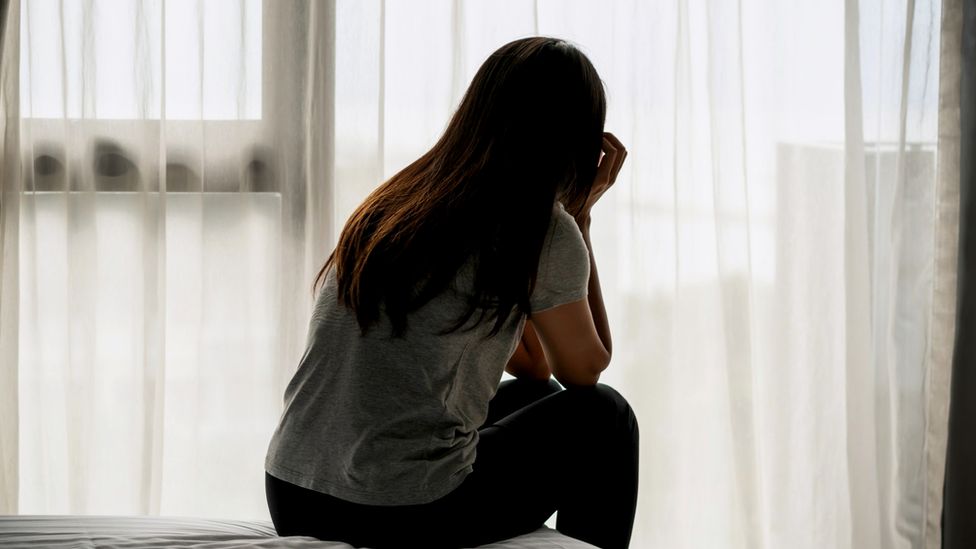-

-
-
Loading

Loading

The government has rejected the Women and Equalities Committee's (WEC) call for a legal definition of honour-based abuse. The WEC recommended this definition in its report on honour-based abuse in July. In response, the government stated that it already has a working definition used by the Home Office and the Crown Prosecution Service (CPS). It also added that it was not clear that making the definition statutory would improve understanding or response to these crimes. Honour-based abuse occurs when individuals claim to be protecting the honour of their family or community. It encompasses forced marriage, coercive control, and even murder. The government's decision has faced criticism from MPs, specialist charities, and the domestic abuse commissioner. Caroline Nokes, the chairwoman of the WEC, expressed disappointment with the response, emphasizing that there is a widespread lack of awareness about this type of abuse among front-line workers in public services. Nokes stated that a statutory definition would help police officers and other agencies recognize and accurately record incidents of honour-based abuse. She emphasized the importance of having data to identify where and how this abuse occurs, as well as to determine who is most at risk. Natasha Rattu, director of specialist charity Karma Nirvana, agrees, stating that a statutory definition would provide a stronger recognition of this type of abuse and help protect vulnerable victims, who might otherwise be missed by professionals. The government's current definition of honour-based abuse, although non-statutory, describes it as an incident or crime involving violence, threats of violence, intimidation, coercion, or abuse. This is committed to protect or defend the supposed honour of an individual, family, or community due to alleged or perceived breaches of the family or community's code of behavior. Rattu argues that this definition does not accurately represent the reality of this type of abuse, as it is often a pattern or course of conduct rather than a single incident or crime. Nicole Jacobs, the domestic abuse commissioner, also expressed disappointment with the government's response, urging them to reconsider. She believes that a statutory definition would recognize the severity of this crime, raise awareness, and lead to more perpetrators being brought to justice. The government has invited those affected by the issues raised in this story to get in touch and share their experiences in confidence.